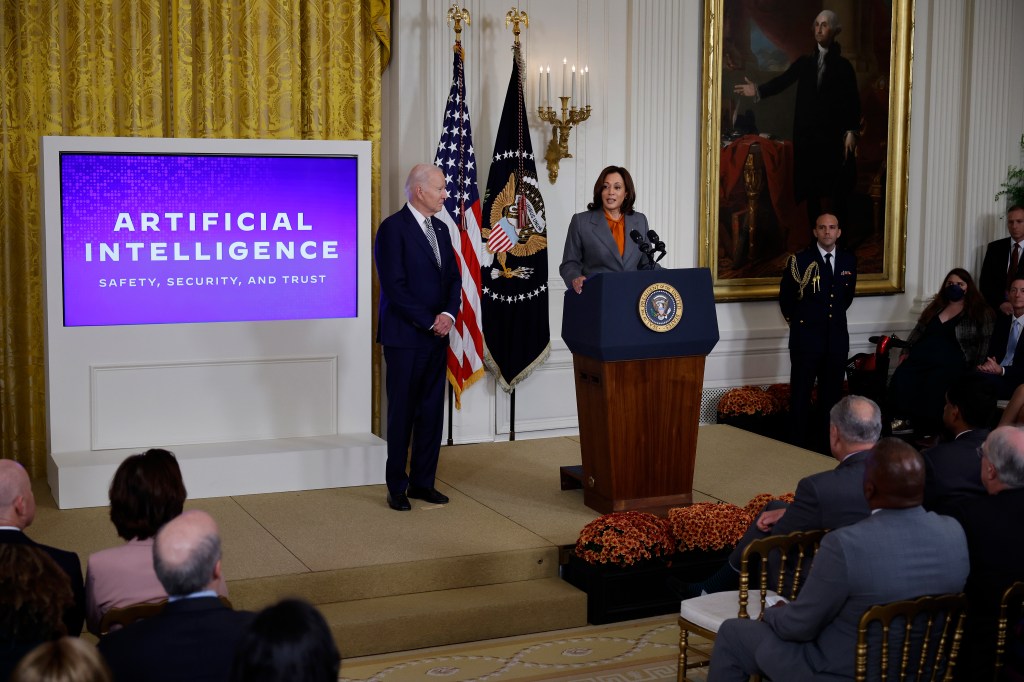A new rule from the US Commerce Department is instituting a series of export controls designed to secure what the agency calls “the responsible use and diffusion of artificial intelligence,” as the next iteration of the Biden administration’s ongoing effort to connect AI to national security and foreign policy initiatives.
Register for free to keep reading
To continue reading this article and unlock full access to GRIP, register now. You’ll enjoy free access to all content until our subscription service launches in early 2026.
- Unlimited access to industry insights
- Stay on top of key rules and regulatory changes with our Rules Navigator
- Ad-free experience with no distractions
- Regular podcasts from trusted external experts
- Fresh compliance and regulatory content every day













